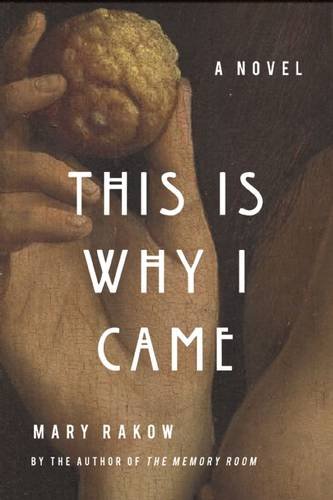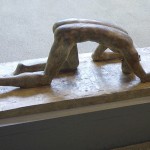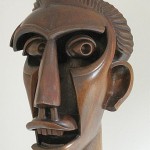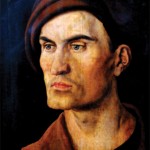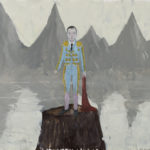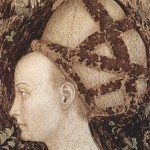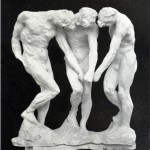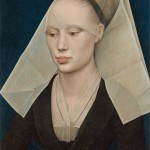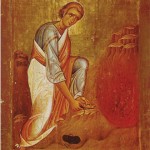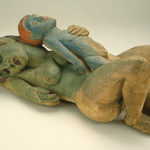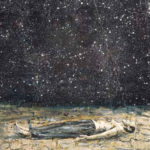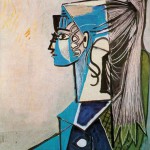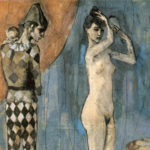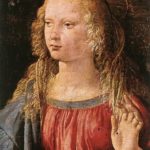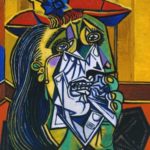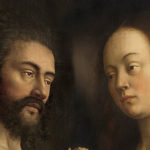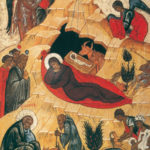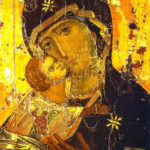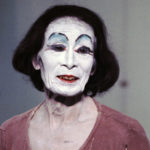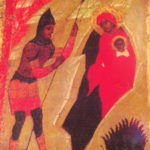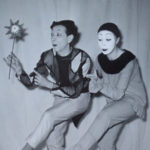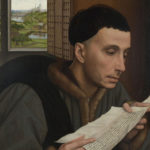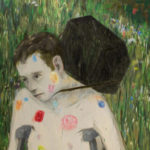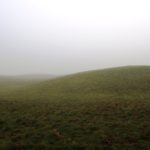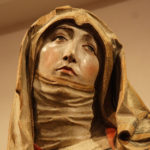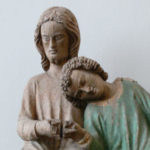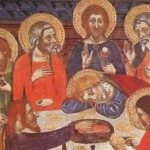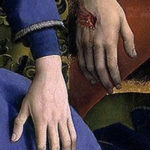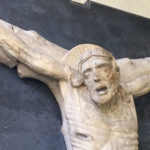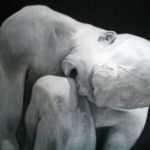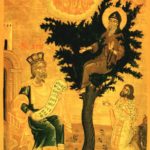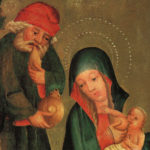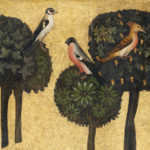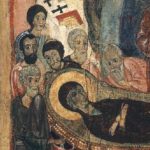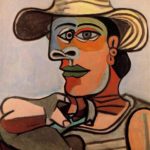Both fatherless, Jesus and John spent time together, their mothers devoted to each other and to them. Mary made puppets from small pieces of wood, string, scraps of cloth, and they played “Three Kings,” riding the rake and broom like camels.
They played games they would not play with other children. “Turn the other cheek,” John said, thinking of his father succumbing to the soldier, and Jesus said the same, thinking of the women who barricaded his mother from the well. “When someone strikes you, turn the other cheek,” was their code and they played different versions of it, Father and the Soldier, Mother and the Women at the Well. They practiced fighting with swords, one turning the cheek while being slain. Other times they fought to win, loud and shrieking, pretending to stab each other, to fall dead, to be the victor. And sometimes real anger emerged. John crying out, “If it weren’t for you, I’d still have my father!”
Jesus also wanted Zachariah. He imagined growing up to be like him, to give his life for something. A priest in the Temple, then a martyr. To be heroic. To return to the world something that already seemed like a debt.
“People don’t become martyrs because they want to be heroic,” his aunt instructed him. “They become martyrs because they love something or someone to a heroic degree.”
By the time Jesus was eighteen, his father had been gone six years without coming home. John knew this, yet he envied Jesus because his father lived in some particular place and spoke real words and ate and drank like other men.
Hearing the longing of her nephew, Mary opened the box in which she’d kept the notes Zachariah wrote to her when he could not speak and gave them to John who loved the small papers because they had touched his father.
As they grew John longed to meet Joseph and begged Jesus to look for him. “Let’s find him,” he said, wanting touch, roughness, something more than memory, a hunger for the visible in his fingertips.
So they packed food and rolled their blankets and went searching for Joseph through Nazareth and all of Galilee. It was his voice Jesus heard, loud and boisterous, sitting at a table with other men, his back to the door.
“Weren’t you the one who married that girl?” one man said, laughing, and others joined in. “You look like that man, but older.” The room was dark, the men dejected.
“You aren’t the one whose wife ‘saw an angel’?” another man laughed.
“I’m telling you,” Joseph’s voice rose, “it wasn’t me.” He glanced over his shoulder then and through the open door saw the back of his son.
Jesus walked away but John walked in.
Rogier van der Weyden
A Man Reading (Saint Ivo?), circa 1450
Oil on oak panel
17.7 x 13.8 in
A Man Reading (Saint Ivo?) by Arts639 is in the public domain.

